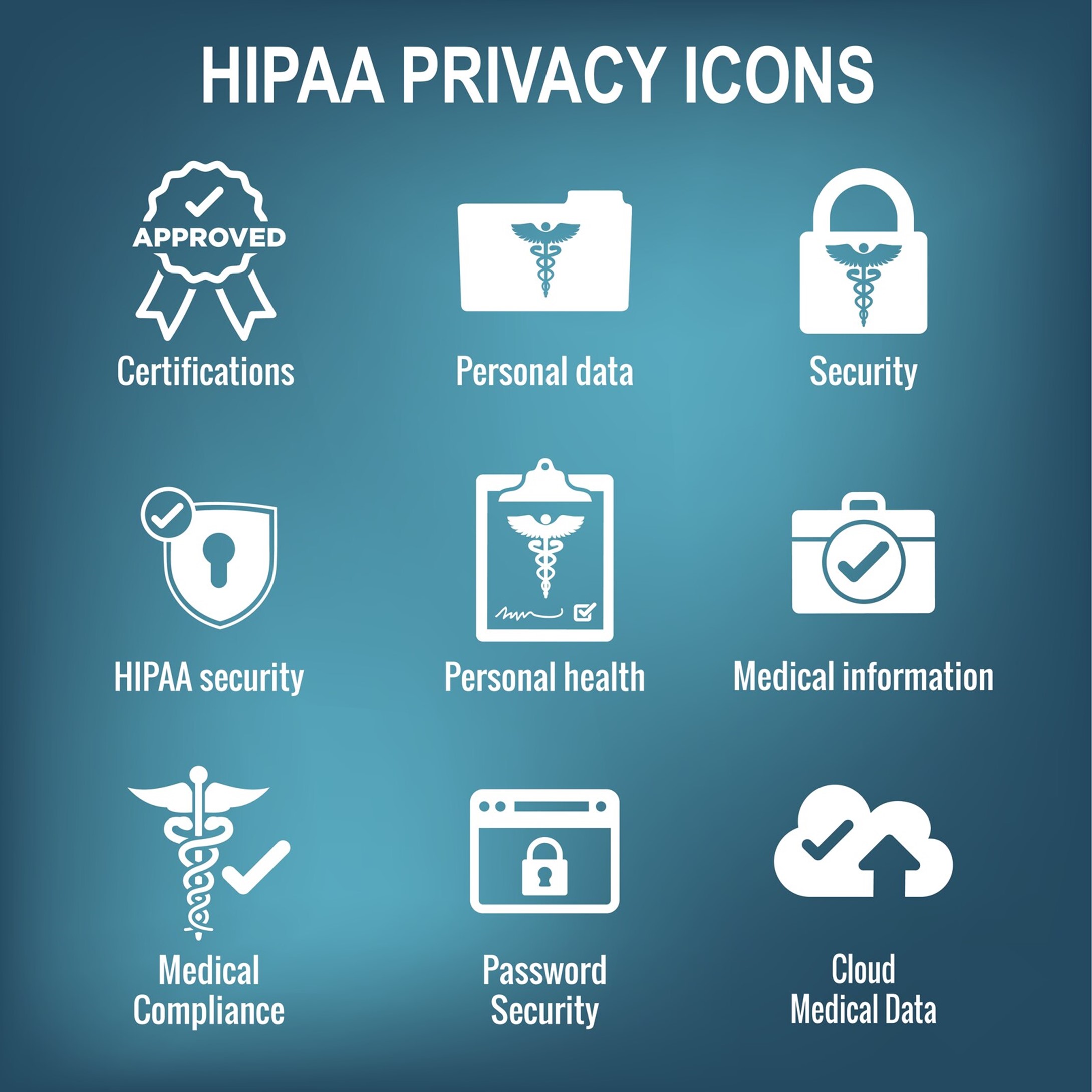A woman with breast cancer is undergoing chemotherapy. Which side effect would the nurse interpret as being most serious?
Vomiting
Fatigue
Hair loss
Myelosuppression
The Correct Answer is D
Choice A: Vomiting is not the most serious side effect because it is a common and manageable side effect of chemotherapy. Vomiting is a reflex action that expels the contents of the stomach through the mouth. It can be caused by various factors such as nausea, motion sickness, or infection. It can also be caused by chemotherapy, which can irritate the lining of the stomach or trigger the vomiting center in the brain. Vomiting can be prevented or treated with antiemetic drugs, hydration, and dietary changes.
Choice B: Fatigue is not the most serious side effect because it is a common and manageable side effect of chemotherapy. Fatigue is a condition that causes extreme tiredness or exhaustion that is not relieved by rest or sleep. It can be caused by various factors such as anemia, inflammation, or pain. It can also be caused by chemotherapy, which can damage healthy cells and tissues and affect the body's energy production. Fatigue can be managed with exercise, nutrition, and stress reduction.
Choice C: Hair loss is not the most serious side effect because it is a common and temporary side effect of chemotherapy. Hair loss is a condition that causes hair to fall out from the scalp or other parts of the body. It can be caused by various factors such as genetics, hormones, or infection. It can also be caused by chemotherapy, which can target rapidly dividing cells such as hair follicles and prevent hair growth. Hair loss usually occurs within two to four weeks after starting chemotherapy and reverses within six months after stopping chemotherapy.
Choice D: Myelosuppression is the most serious side effect because it is a rare and life-threatening side effect of chemotherapy. Myelosuppression is a condition that causes a decrease in the production of blood cells in the bone marrow. It can lead to anemia (low red blood cells), neutropenia (low white blood cells), and thrombocytopenia (low platelets), which can cause symptoms such as weakness, infection, and bleeding. It can also be caused by chemotherapy, which can target rapidly dividing cells such as bone marrow cells and impair blood cell formation. Myelosuppression requires close monitoring and treatment with blood transfusions, growth factors, or antibiotics.

Nursing Test Bank
Naxlex Comprehensive Predictor Exams
Related Questions
Correct Answer is A
Explanation
Choice A: Encourage her to turn, cough, and deep breathe at frequent intervals. This intervention is appropriate for the nurse to include in the client's plan of care at this time because it can help prevent respiratory complications such as atelectasis (collapse of lung tissue) or pneumonia after surgery. Turning, coughing, and deep breathing can help expand the lungs, clear the airways, and improve oxygenation.
Choice B: Ask the client how she feels about having her breast removed. This intervention is not appropriate for the nurse to include in the client's plan of care at this time because it may be too intrusive or insensitive. Asking the client how she feels about having her breast removed may trigger emotional distress or anxiety in the client who has just undergone a major surgery that affects her body image and self-esteem. The nurse should wait until the client is more stable and ready to talk about her feelings and concerns.
Choice C: Attach a sign above her bed to have BP, IV lines, and lab work in her right arm. This intervention is not appropriate for the nurse to include in the client's plan of care at this time because it is incorrect and potentially harmful. Attaching a sign above her bed to have BP, IV lines, and lab work in her right arm may cause injury or infection to the arm that has undergone surgery and lymph node removal. The nurse should attach a sign above her bed to have BP, IV lines, and lab work in her left arm instead.
Choice D: Position her right arm below heart level. This intervention is not appropriate for the nurse to include in the client's plan of care at this time because it is incorrect and potentially harmful. Positioning her right arm below heart level may impair the blood circulation and lymphatic drainage of the arm that has undergone surgery and lymph node removal. The nurse should position her right arm above heart level instead.
Correct Answer is A
Explanation
Choice A: "Information about a client can be disclosed to family members at any time." This statement indicates a need for further teaching because it is false and violates HIPAA. HIPAA protects the privacy and security of clients' health information and limits who can access or share it without their consent. Information about a client can only be disclosed to family members if they are involved in the client's care or payment, or if the client gives permission.
Choice B: "HIPAA established regulations of individually identifiable health information in verbal, electronic, or written form." This statement does not indicate a need for further teaching because it is true and reflects HIPAA. HIPAA defines individually identifiable health information as any information that relates to the past, present, or future physical or mental health or condition of an individual; the provision of health care to an individual; or the past, present, or future payment for the provision of health care to an individual; and that identifies the individual or for which there is a reasonable basis to believe it can be used to identify the individual.
Choice C: "HIPAA is a federal law, not a state law." This statement does not indicate a need for further teaching because it is true and reflects HIPAA. HIPAA is a federal law that was enacted in 1996 by Congress and signed by President Clinton. It applies to all states and territories of the United States. However, some states may have additional or stricter laws that protect clients' health information.
Choice D: "A client's address would be an example of personally identifiable information." This statement does not indicate a need for further teaching because it is true and reflects HIPAA. HIPAA lists 18 identifiers that can be used to identify an individual, such as name, address, phone number, email address, social security number, medical record number, or biometric identifiers. A client's address is one of these identifiers and must be protected under HIPAA.

Whether you are a student looking to ace your exams or a practicing nurse seeking to enhance your expertise , our nursing education contents will empower you with the confidence and competence to make a difference in the lives of patients and become a respected leader in the healthcare field.
Visit Naxlex, invest in your future and unlock endless possibilities with our unparalleled nursing education contents today
Report Wrong Answer on the Current Question
Do you disagree with the answer? If yes, what is your expected answer? Explain.
Kindly be descriptive with the issue you are facing.
